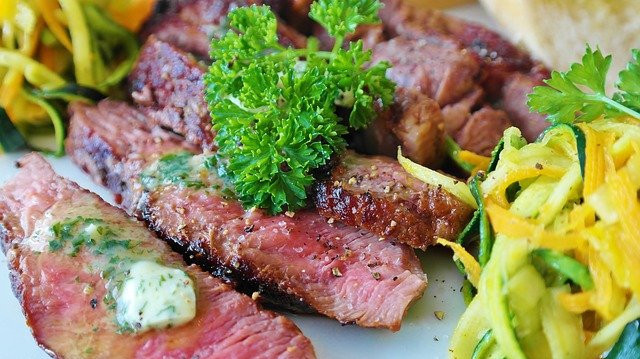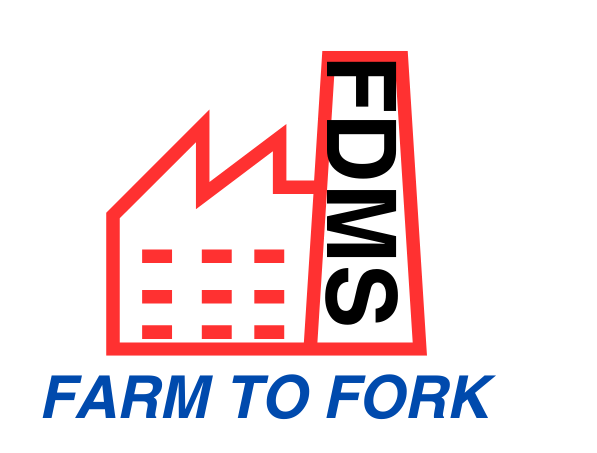Five Recruitment challenges in the Food and Agriculture Sector.
Background
Currently, the world population is estimated to be 7.8 billion of which 56 % of the population is mainly in the urban areas. By 2050, it could rise to 9.7 billion of which 65 % will be living in urban areas. The urban areas are hubs for financial and economic generators but there is limited arable land for growing food produce. A variety of technologies have been used to improve food security to include vertical farming (hydroponics, aquaponics, aeroponics), genetically modified organisms (pest-resistant plants, improved nutrient content), and micro livestock farming (entomophagy). Other technologies have been developed to extend the shelf life of products that are purchased from other parts of the world such as cold supply chain, packaging, processing technologies.
Challenge 1 – Demand and Supply
In the UK, the food and agriculture sector contributes £26.9 billion to the economy of which the consumers spend £198 billion on food, drinks, and catering. The food, agriculture, and catering sector employ about 3.8 million people. Post COVID-19 pandemic and with the UK coming out of the European Union, these figures are bound to increase as well as the demand for professionals in the food and agriculture sectors. Food and drink organisations are facing challenges of recruitment of appropriate graduates to fill these jobs. What are the problems? Where are these challenges emanating from?

Challenge 2 – Grassroots science
From the early years of learning science subjects, food and drink manufacturing is not emphasised to develop a successful career in schools. If a pupil is studying science there is stereotype of career progression in either medical professions or engineering. Food-related jobs are rarely discussed in primary school curriculum. However, in secondary schools food related disciplines are not taught as focused subjects until when the pupils are applying for a university degree.
There should be grass-root lobbying of the food and agriculture careers from primary school. More should be done in marketing different job opportunities in the food and agriculture industry. This platform will help in advocating for the food and drink industry. Different information will be shared relevant to building awareness of the sector including training, jobs, short courses, and discussion forums.
Challenge 3 – Graduate courses
There are a number of graduate courses which are being offered by different universities across the UK and globally. Graduate courses tend to have low subscription rates compared to other courses with class sizes averaging around 50 students. Low students subscription is far from meeting the food and agriculture recruitment demand regardless of the competitive salaries and high employment rates, as illustrated in the table below, just after completing the course.
Class sizes of these popular courses are on average around 400 to 500 students per cohort as compared to 20 to 50 students for the food-related student groups. Logistics and supply chain management should also be included in the food-related courses. This will be able to attract some of the business students to combine their courses with food and boost the graduates with food-related courses.
| A -Level
Subjects |
BSc Courses | UCAS Tariff Points | Employment
% |
Starting Salary |
| Biology, Chemistry, Physics, Maths, Further Maths, Statistics, Psychology, Geography, Environmental Studies, Applied Science, Geology, Food Technology, Home Economics. | Food Science
Food Technology and Product Development Food and Human Nutrition Human Nutrition Food and Consumer Science Nutrition and Food Management Nutrition Food and Nutrition Science Food Science and Nutrition Food with Nutrition Food Science and Technology Food and Nutrition |
88 – 153 | 70 – 100 | £18 – 24K |
| Biology, Chemistry, Physics, Maths, Further Maths, Statistics, Psychology, Geography, Environmental Studies, Applied Science, Geology |
|
120 – 141 | 60 | £22K |
| Science subjects,
Psychology |
Nursing | 104 – 128 | 100 | £22K |
Challenge 4 – Salary Comparisons
The starting salaries of food-related courses are comparable. In some cases, higher than those of the popular courses such as nursing or biomedical sciences which are £22,000.00 on average. Data on nursing courses have been included for comparison purposes. These are all key professionals which play a vital role in the health and well-being of people. I have compiled the salaries data (table above) and are comparable across all courses. Therefore, salary is not the main determining factor for choosing the nursing course. Awareness of the food and agriculture sector might be lacking in some cases resulting in low popularity. However, UCAS tariff points and employment rates have also been found to be comparable for all the courses as well.
Challenge 5 – Progression
There are a number of progression routes for the students completing undergraduate courses in food-related courses. They routes range from Masters programs to research (MRes, and PhD) to employment. Depending on the course content, employment career opportunities can include food technologist, laboratory scientist, consumer scientist, nutritionist, new product development, quality assurance, food safety, food microbiologist, quality control, and sensory scientist. Regardless of the availability of jobs in the sector, some undergraduates find it difficult to secure employment due to a lack of soft skills. Food and drink sector need to have recruitment platforms which can assist the graduate with searching for employment.
The graduate would benefit from attending short Continuing Professional Development (CPD) training. These range from food hygiene foundation course, HACCP, foundation sensory course and six sigma short courses (if you are interested in getting into quality control). Others upcoming include sustainable packaging, getting to understand the IDDIS scale of pureed foods and thickened drinks.
The supply chain has been affected by the pandemic and the government has been assisting the people who have lost their jobs by re-skilling them. There are a lot of schemes being rolled out by the government to support the food and drink sector in the import and export of produce. Some graduates might need to explore new product development. They can apply themselves in reducing food waste through either valorisation or turning wonky fruits and vegetables into weaning products, smoothies for the athletes, or pureed foods for the geriatrics and/ or dysphagia patients.
Conclusion
In the wake of the COVID – 19 pandemic and the UK leaving the EU, there is going to increased demand for food-related jobs. It is time to re-skill yourself in key sectors that will have a low risk of redundancies, and the food and drink sector is one of them. If you would like to either discuss further opportunities in the food and agriculture sector, need help on choosing graduate courses, or assistance on re-skilling opportunities you can contact us.



Hello
Thanks for the helpful insights in Food science. I would appreciate some guidance in choosing a graduate cause and getting opportunities in the food industry.
Hi Winnie
Thank you for the message. I understand from your IFST profile you already a BSc in Food Science and Nutrition. Are you looking for a progression route to postgraduate?